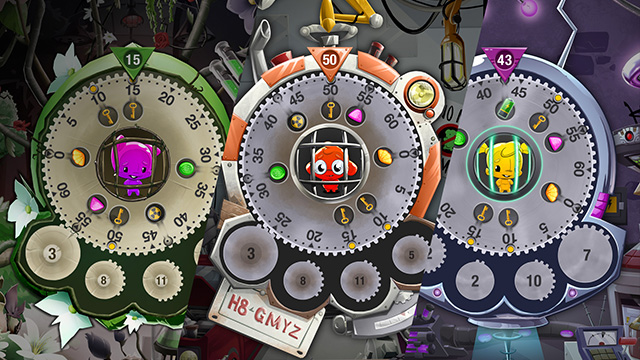Babies and infants love mathematics…
Give babies a set of blocks, and they will build and order them, fascinated by the ways edges line up. Children will look up at the sky and be delighted by the V formations in which birds fly. Count a set of objects with a young child, move the objects and count them again and they will be enchanted by the fact they still have the same number. Ask children to make patterns in coloured blocks and they will work happily making repeating patterns – one of the most mathematical of all acts.
For many students their first experience of school mathematics is one of confusion, as the methods to do not make sense to them. The inquisitiveness of our children’s early years fades away and is replaced by a strong belief that mathematics is all about following instructions and rules.
Successful mathematics users search for patterns and relationships and think about connections. They approach mathematics with a mathematical mindset, knowing that mathematics is a subject of growth and their role is to learn and think about new ideas.
One way to give students opportunities to developing a thinking, conceptual approach to mathematics is to engage them in maths apps and games that approach mathematics conceptually:
New research on the brain tells us that the difference between successful and unsuccessful students is less about the content they learn and more about their mindsets. Even mathematics facts, one of the driest parts of maths, can be taught conceptually and with sense making and understanding.
https://www.youcubed.org/wp-content/uploads/2015/03/FluencyWithoutFear-2015.pdf

